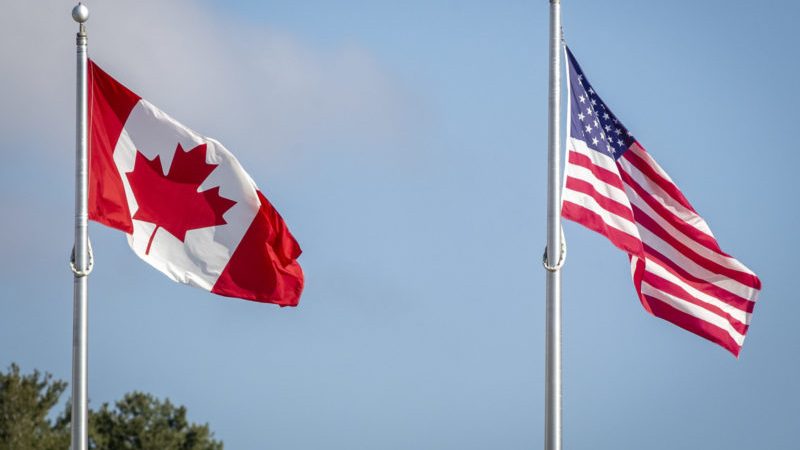As the federal election campaign kicks off, a CityNews-Leger poll highlights the pressing issues for Canadians as U.S. relations, particularly tariffs stemming from the Trump administration, inflation, and the economy, take center stage. Health care, affordable housing, immigration, and environmental concerns are also significant topics for voters.
The online survey, conducted between March 10 and March 13 with a sample size of 1,504 Canadians aged 18 and older, indicates that a significant portion of respondents believes that the federal Liberal Party, led by Mark Carney, is best equipped to handle U.S. relations. The results show a margin of error of +/- 2.49 percent, reflecting a representative sample weighted by age, gender, region, and education.
In the context of immediate concerns, 26 percent of respondents noted U.S. relations as the most critical issue, followed by 22 percent pointing to inflation and 10 percent to the economy. The poll revealed that 41 percent of Liberal supporters prioritize U.S. relations, whereas Conservative voters are more focused on inflation (25 percent) and the economy (15 percent). Regionally, 32 percent of Quebec residents identified Canada-U.S. relations as paramount, while 29 percent of Albertans saw inflation as the top issue.
When considering the future priorities for the next federal government, 36 percent of Canadians highlighted Canada-U.S. relations as their main concern, followed by 27 percent for the cost of living and 16 percent for the economy. The poll suggests that older voters (55 and above) are particularly concerned about U.S. relations, while younger demographics (18-34 and 35-54) emphasize inflation and the economy.
The survey also sheds light on party preferences regarding key issues. The Liberal Party garnered 37 percent of the vote for being best equipped to manage U.S. relations, while the Conservative Party of Canada (CPC) received 31 percent. However, the CPC performed better when it came to fiscal matters and immigration, with 36 percent favoring them for immigration issues compared to 25 percent for the Liberals. Noteworthy is that approximately 20-25 percent of Canadians expressed uncertainty about which party is best suited to handle these issues.
Regional differences emerged as well, with more than 40 percent of Ontario and Quebec respondents agreeing that the Liberals were the right choice for managing U.S. relations. In contrast, over 40 percent of voters in Alberta and Saskatchewan/Manitoba viewed the CPC more favorably for this issue. The findings also indicate gender and age factors, with men more likely to favor the CPC, while women exhibited greater uncertainty. Older Canadians tended to support the Liberals more strongly compared to their younger counterparts.
In terms of leadership preferences, 37 percent of respondents believe that Carney is best suited to address U.S. relations under the Trump administration, and 36 percent view him as capable of handling economic issues. On the other hand, CPC leader Pierre Poilievre is seen as the stronger candidate for immigration (34 percent) and cost of living concerns (31 percent). Despite this, a significant number of Canadians remain indecisive about which leader is most capable of handling these crucial issues.
Support for party leaders also fluctuates regionally; in British Columbia, Ontario, and Quebec, Carney was favored by 40 percent, while Poilievre garnered 42 percent in Alberta and Saskatchewan/Manitoba. The poll results show that older Canadians generally support Carney, while men are more likely to advocate for Poilievre. Younger voters, particularly women, displayed higher levels of uncertainty regarding which leader to prefer for managing pivotal issues.










